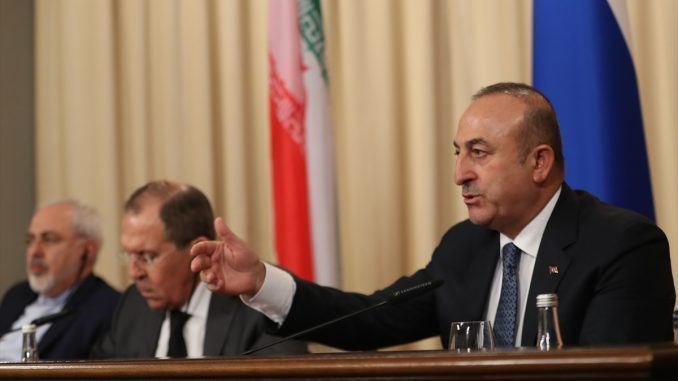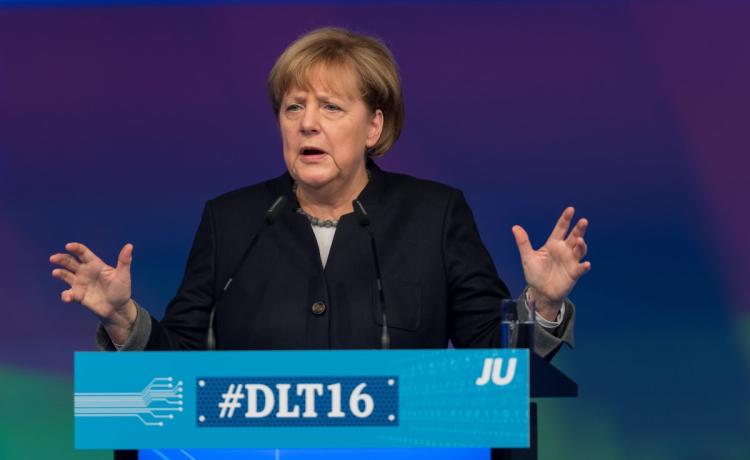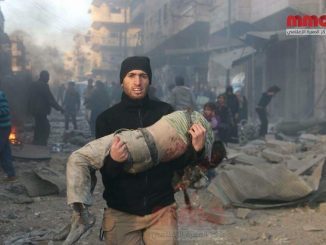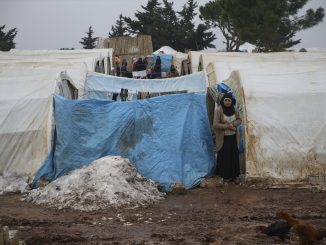
Russia, Iran and Turkey are expected to discuss the modalities of a cease-fire they brokered in Syria at a meeting in Astana on Feb. 6 while as tension elevates as Turkey sees its partners didn’t commit to the results of Astana peace talks.
Russia said it has a new plan for Syria peace talks which can be achieved with powers that have a real effect on the Syrian ground after its forces backed Assad regime to achieve many victories against the opposition and tilted the tide of war in his favor.
Russia, Iran, and Turkey said they were ready to help broker a Syria peace deal, and organized a peace talks meeting in Kazakhstan on January 23.
The first day of the talks was focused on ways to strengthen the ceasefire. It ended with tension as both parts traded blames over truce breaches. In addition, the opposition refused to have direct negotiations with Assad regime.
The talks have ended with Russia, Turkey, and Iran making a joint statement about the consequences of the talks and agreeing on a mechanism to support a delicate ceasefire.
Russian Foreign Minister Sergey Lavrov said last week that a tripartite mechanism was established by the three countries to monitor the cease-fire in Syria.
“The cease-fire is largely holding. Russia, Turkey, and Iran have established a mechanism that allows them to monitor the implementation of the truce,” Lavrov said.
However, the ceasefire was reported to be barely holding, as Assad regime forces supported by Iranian-backed militias continued their attacks on civilians.
In addition, Russia presented the new constitution document that was largely refused by the Syrians.
Turkey’s concerns
Turkey has warned Syrian opposition groups from refraining from discussing the future administrative make-up of Syria or a new constitution at the talks in Geneva on Feb. 20.
Turkish Foreign Ministry Undersecretary Ümit Yalçın met with Riyad Hijab, the general coordinator of the High Negotiations Committee, President of the Syrian National Council Enes el Abde, representatives of opposition military groups participating in the Astana talks, the Syrian Kurdish National Council, Syrian Turkmen representatives as well as some Druze and Alawite religious scholars in Ankara on Feb. 3 ahead of the new peace talks.
Ankara favors the Kurdish National Council over the Democratic Union Party (PYD), which it considers to be an offshoot of the outlawed Kurdistan Workers’ Party (PKK).
At the talks in Astana in January, Russia gave opposition representatives a draft version of the new Syrian constitution and a blueprint promoted by Moscow as offering a possible solution to the conflict.
But a Turkish foreign ministry source said they “pointed out that bringing up the future administrative system of Syria at the moment and attempting to start a discussion on issues such as a new constitution, autonomy or federalism could risk serving the purposes of those who pursue unilateral agendas.”
“These kinds of attempts should be avoided as it targets current parameters for a political solution by the U.N. Security Council decision,” said the source.
The source also warned against the presence of “fake opposition” at the talks, a reference to groups deemed by Turkey to be too loyal to Bashar al-Assad favored by Moscow.
Other than the High Negotiations Committee (HNC) which is considered to be the main opposition group, there are many other groups that are considered by the UN to be among the opposition including the Kurdish political wing of the YPG forces, the Cairo platform, and the Damascus platform which is backed by Russia.
These groups have doesn’t share the HNC’s view of Syria’s future and have been accused of hindering the political process. Damascus group, for example, is said to unify the opposition figures inside the country. Most of them refused the revolution when it started and formed their delegation after the UN started its political efforts to end the war. The group is supported by Russia, accepts the idea of Assad being in power and back the Russian air campaign against Syrian civilian saying its aim is fighting terrorists.
The Syrian crisis began as a peaceful demonstration against the injustice in Syria. Assad regime used to fire power and violence against the civilians and led to armed resistance. 450.000 Syrians lost their lives in the past five years according to UN estimates, and more than 12 million have lost their homes.



